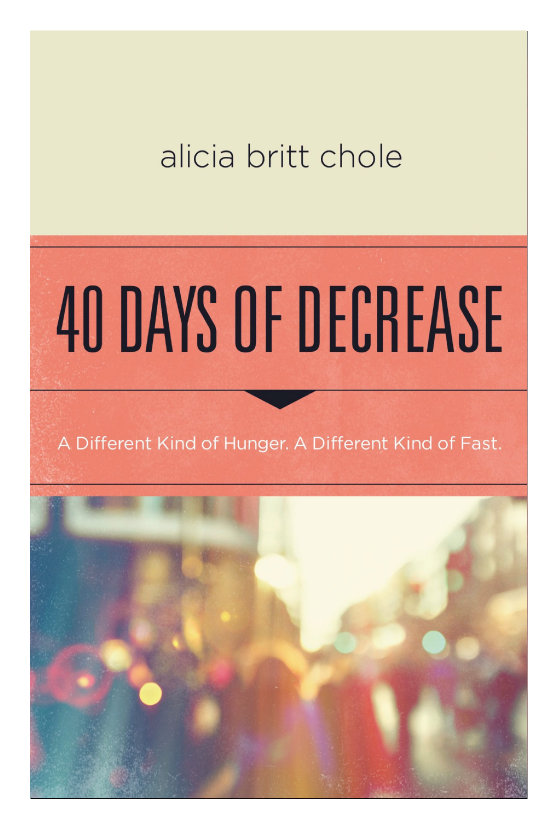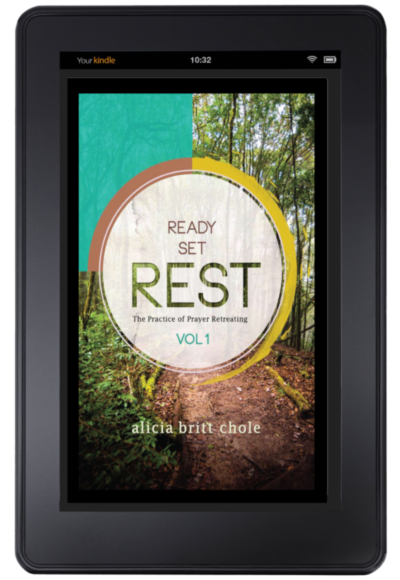Journaling seems to fill some soul
Why?
As far as I can see, Jesus did not journal. 🙂 We pick up journals for a few dollars today, but for thousands of years in order to journal you had to be (1) educated enough to write, and (2) wealthy enough to purchase something in which to write.
So then, journaling is not a prerequisite to intimacy with God, otherwise intimacy with God would be confined historically to a sadly small group of rather educationally and economically elite pens.
Be free then, to journal or not to journal. Journaling is simply a form, and form is the servant—not the source—of substance.
For those who would like to increase their investment in journaling, one question is key:
Why do you want to journal?
If your answer is, “Because I should,” keep asking yourself “why” until you get down to something that is not shame, fear, or duty-based. Shoulds are most often too vague and too smothering to health-inducing.
Some journaling motivations are simply not sustainable. For example, journaling to reproduce your entire day is unrealistic. It took your whole day to live your whole day. In the famous words of Inigo Montoya, “Let me explain. No, there is too much. Let me sum up.” God remembers all. Our journals hold fragments of life. He holds the rest in His grace-laden memory.
Journal as history. One sustainable motivation for journaling is to remember the past either personally or for those to come. When my Dad passed away, I went through his entire computer in the hope that somewhere he had written his story for future generations…but no such document exists. Dad’s stories and life would have made a heart-felt movie and I remember so little of all he shared. The loss of those memories prompted me to begin journals for each of my children. Today they each have pages and pages of stories, encouragements, and whispers of my love for them. Scripture contains several examples of writing to preserve and pass on story as the many biblical narratives confirm.
Journal as therapy. Another journaling motivation is to process one’s thoughts. For many, journaling helps them become aware of what they are thinking and feeling. Wrapping words around their inner world clarifies their thoughts and counsels their souls. Ecclesiastes is an example of such writing as are many of the more angst-filled Psalms.
Journal as prayer. Yet another journaling motivation is connect with God in prayer. There is something about writing that causes us to concentrate and keeps our minds from wandering—sort of like a tether to a kite. All my journal entries are written directly to God. Dozens of journals are filled with thousands of conversations between my soul and my Savior. In the Bible, Dave and Asaph were masters at writing out their prayers.
Journal as testimony. This motivation involves all the rest and is present throughout the Scriptures. From Exodus to Revelation, God called His people to “Write on a scroll what you see.” (Rev 1.11) Our words are living witnesses of His wonders long after our voices fail and our pens pause.
Identifying our current motivations for journaling can both free and focus our writing. I emphasize current because motivations do not have to endure eternally in order for them to be valid today. Grant yourself permission to shift motivations with or without starting a new journal. A fresh motivation today does not call into question the motivations of yesterday–it simply is a reflection of the humanity God loves.








Journaling as a testimony, prayer, history and, ah yes, therapy. For the most part, my journaling becomes a sweet reminder of all these 4 reasons wrapped in one. When I am in a situation where my instincts to become bitter, dismayed, disillusioned and feel defeated tend to activate, I am prompted to make a journal about the pain but what I do is try to read my “history”, my early blogs first and voila, suddenly my momentary heavy feeling lightens. My past journals, have reminded me over and over that God was with me in the places of pain. God revealed to me in any way that He was always in control. So when I write, I always see the subject of love and grace. Oh, I love journaling. I hope that I still get to write even at the point of death so my children and grandchildren can find joy in them the way I do.
Yes and amen. Peace to you, Elie!
I write because sometimes, when I don’t get in the way, it is God who does the writing. How incredible is that?! I believe he wants me to write. When I was a young girl, writing came naturally. For many years, it has been for me as you wrote, “sweet therapy”. Isn’t it wonderful that we are not boxed in by God, that we can write or say or sing or even dance in order to commune with him and others? I am very grateful for the beautiful way God writes through you, Alicia. Thank you!
If your answer is “Because I should…..”
What follows in that paragraph is perhaps the most instructive…I DO have a friend or to who frequently say, “I know I should.”
I journal and have for a long time. Probably for all the reasons you list at one time or another..and sometimes for NO conscious reason whatsoever!
About four years ago I began prayer journaling out of a desperate and frankly, angry, need to communicate with God concretely. He took the mess that was me and began a sweet work of healing in my mind and emotions (therapy?), as well as reconnecting my soul to Him.
As I learned to speak honestly to Him through my writing He has graciously increased my ability to receive and respond to His amazing love!
Liberating, insightful and helpful. Thank you xx